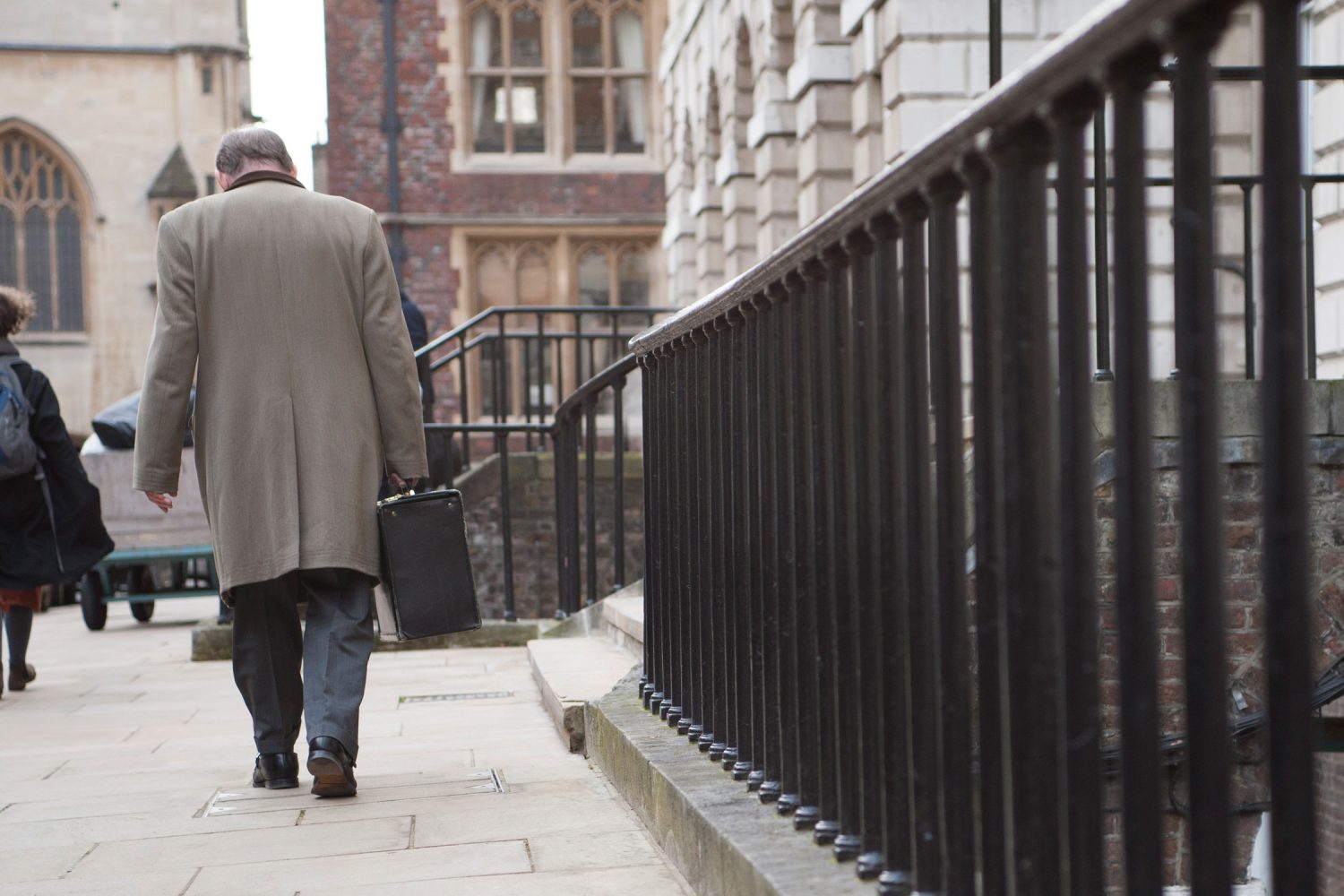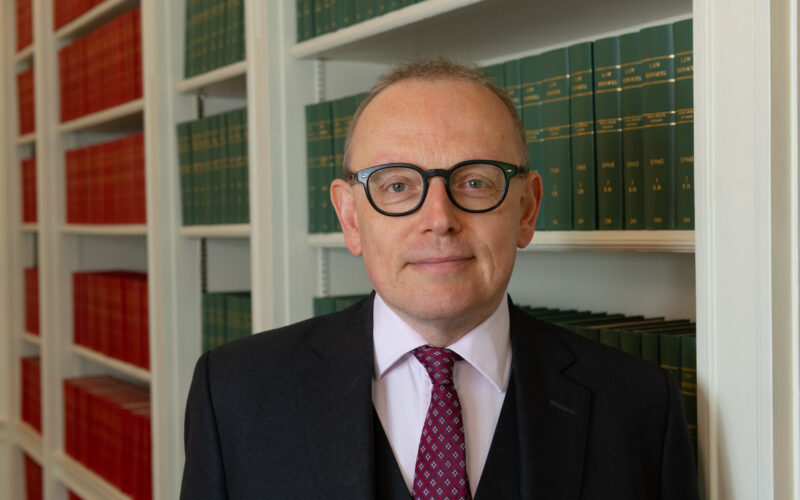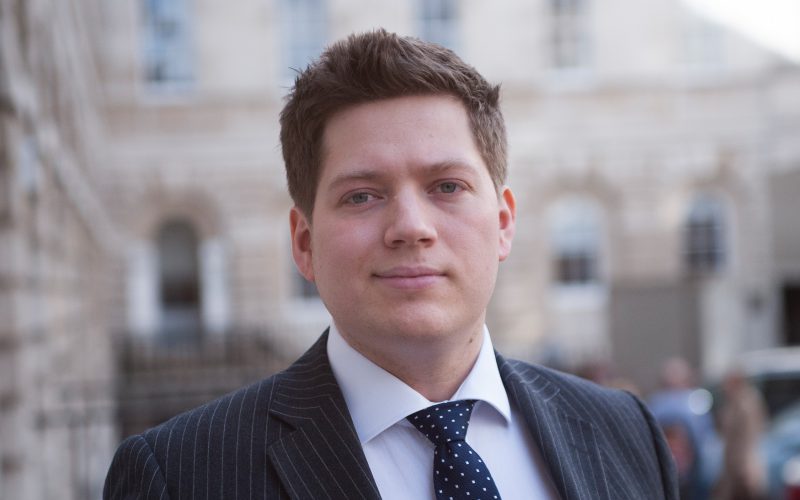The Supreme Court has granted permission to the taxpayers to appeal against the decision of the Court of Appeal in HMRC v Parry
The Supreme Court has granted permission to appeal to the taxpayer in the case of HMRC v Parry. This was a decision of the Court of Appeal last year ([2018] EWCA Civ 2266), allowing an appeal by HMRC against the decision of the Upper Tribunal. David Rees QC and Hugh Cumber act for the taxpayer, instructed by Farrer & Co.
The case relates to the tax treatment of a transfer between pension schemes made shortly before death coupled with an omission to take lifetime benefits. Shortly before her death, Mrs Rachel Staveley transferred her pension from a scheme under which the death benefits would pass to her estate into a new personal pension scheme under which the benefits were payable at the discretion of the scheme administrator. She also omitted to take any benefits from the scheme prior to her death. In these proceedings, HMRC have argued that both the transfer and the omission give rise to charges to inheritance tax (‘IHT’).
In May 2014 the First Tier Tribunal (‘FTT’) allowed the taxpayers’ appeal in respect of the transfer between the two pension schemes, holding that on the evidence before it, it was satisfied that in making the transfer Mrs Staveley had not had any intention to confer a gratuitous benefit. The transfer was thus prevented from being a transfer of value by section 10 IHTA 1984. However, the FTT also held that the effect of the omission by Mrs Staveley to take lifetime pension benefits had been that her estate had been diminished and the estates of her sons (to whom the death benefits were subsequently paid by the pension scheme administrators) had been increased. The omission was thus deemed to be a transfer of value by virtue of section 3(3) IHTA 1984.
Both parties appealed against the judgment of the FTT, and the taxpayer was successful before the Upper Tribunal (‘UT’), which gave its decision in January 2017. The UT dismissed HMRC’s appeal and allowed the taxpayer’s appeal on the omission, holding that although the omission by Mrs Staveley to access her pension before her death had been the source of the funds which were paid to the sons, nonetheless it was ultimately the exercise by the scheme administrator of its discretion under the terms of the pension contract which was the effective cause of the increase in their estates.
HMRC appealed to the Court of Appeal, which reversed both elements of the UT’s decision. On the question of the transfer, the majority of the Court of Appeal accepted the taxpayer’s argument that there had not been gratuitous intent in making the transfer. However, the Court of Appeal accepted an alternative argument advanced by HMRC that the transfer was caught as an “associated operation” and held that it was taxable. On the issue of the omission, the Court of Appeal considered that there was a sufficient causative link between Mrs Staveley’s omission to take a benefit and the increase in her sons’ estates, rejecting the analysis of the UT.
The taxpayers applied for and have now been granted permission to appeal to the Supreme Court. The appeal is likely to be heard in 2020.



